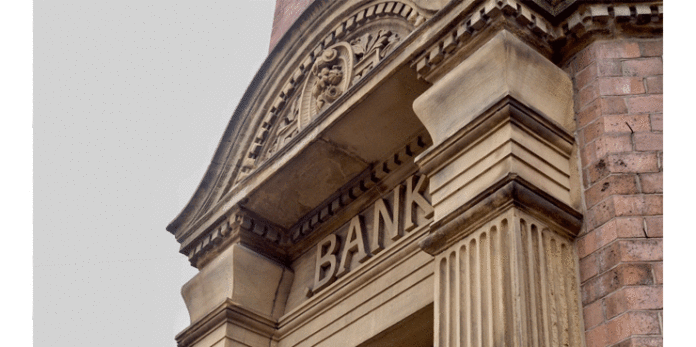Today, the Senate Banking Committee approved the Safe and Secure Enforcement and Regulation (SAFER) Banking Act, and is now on its way to the floor.
Introduced by Sens. Jeff Merkley (D-OR) and Steve Daines (R-MT), this legislation would allow financial institutions to do business with the legal cannabis industry without fear of running afoul of federal banking regulations, including depository services, electronic payments and lending. The legislation cleared the committee with a 14-to-9 vote.
Cannabis Banking Sector Poised for Growth
“The SAFER Banking Act’s passage is a resounding declaration that the time has come for progress and modernization,” says Aaron Bloom, CEO of DocMJ. “The medical cannabis sector, long hampered by financial hurdles and regulatory ambiguities, is poised for transformative growth. This legislation represents not just a policy shift but a testament to the collective recognition of the industry’s vast potential to enhance public health, spur economic development, and advance scientific understanding.”
During the markup session, multiple amendments were offered. One, from Senator Warnock (D-GA) would have created a 5-year sunset for the legislation unless a report from the Treasury Department certified that it had decreased the racial wealth gap and ameliorated other negative economic impacts of the war on drugs. This amendment ultimately failed. Additionally, amendments from Senators Hagerty (R-TN), Rounds (R-SD), Crapo (R-ID) were also offered but were ruled out of order, withdrawn and failed, respectively.
“Today’s vote is a key step forward for the cannabis industry at large and signals a long-awaited government willingness to tackle the complex web of banking issues that have hampered the market since its beginning,” Patrick O’Boyle, CEO of Dama Financial, says. “With the industry poised to reach $34 billion by the end of this year, the implications of more accessible financial services will be transformative and will attract further investment and innovation, especially when considering the HHS’s recent recommendation to reclassify cannabis as a Schedule III substance.”
Better Banking for Businesses and Employees
The SAFER Banking Act would also allow the U.S. to regulate and keep track of the money that is pouring out of the country to Europe, according to Jessica Hanson, CEO of Symple Seeds. Due to the overly stringent banking regulations put on compliant U.S. companies, European businesses have been able to dominate the market for seeds, “bleeding money out of the U.S. economy and unfairly hampering U.S. breeders and geneticists who have dedicated their lives and businesses to their craft.”
Boris Jordan, Founder and Chairman of Curaleaf, says that SAFER would provide urgently-needed relief to not only cannabis businesses of all sizes, but also for employees who work in the industry and cannot access traditional banking services for their families.
“By pulling the cash component out of businesses and into banking institutions, SAFER should, in theory, eliminate the public safety risk related to the all-cash nature of the cannabis industry. We expect that, over time, the cost of capital for cannabis companies will begin to come down, as well,” says StateHouse CEO Ed Schmults.
California operators can expect to see a decrease in the cost of capital in the not-so-distant future should SAFER ultimately become law, claims Schmults. We may also see a relaxing of certain local regulations that only serve to overburden operators in a way that adds significant costs to businesses in the name of public safety. For example, having extra security guards on the premises.
“Rather than allowing one guard, we are required to have multiple guards in some jurisdictions. This has been the reality, despite several studies showing Cannabis businesses to be no less safe than your neighborhood convenience store,” adds Schmults.
Brett Gelfand, Co-founder and Managing Partner at CannaBIZ Collects, understands firsthand the challenges cannabis companies face when managing their debt and financial affairs. This bill will provide a sense of security and clarity for financial institutions and cannabis businesses alike.
“By allowing financial institutions to provide services to state-sanctioned marijuana businesses without fear of federal repercussions, the SAFER Banking Act will help normalize financial operations within the cannabis sector. This, in turn, will enable cannabis companies to manage their debts, access capital better, and navigate the complexities of the financial landscape,” says Gelfand.










